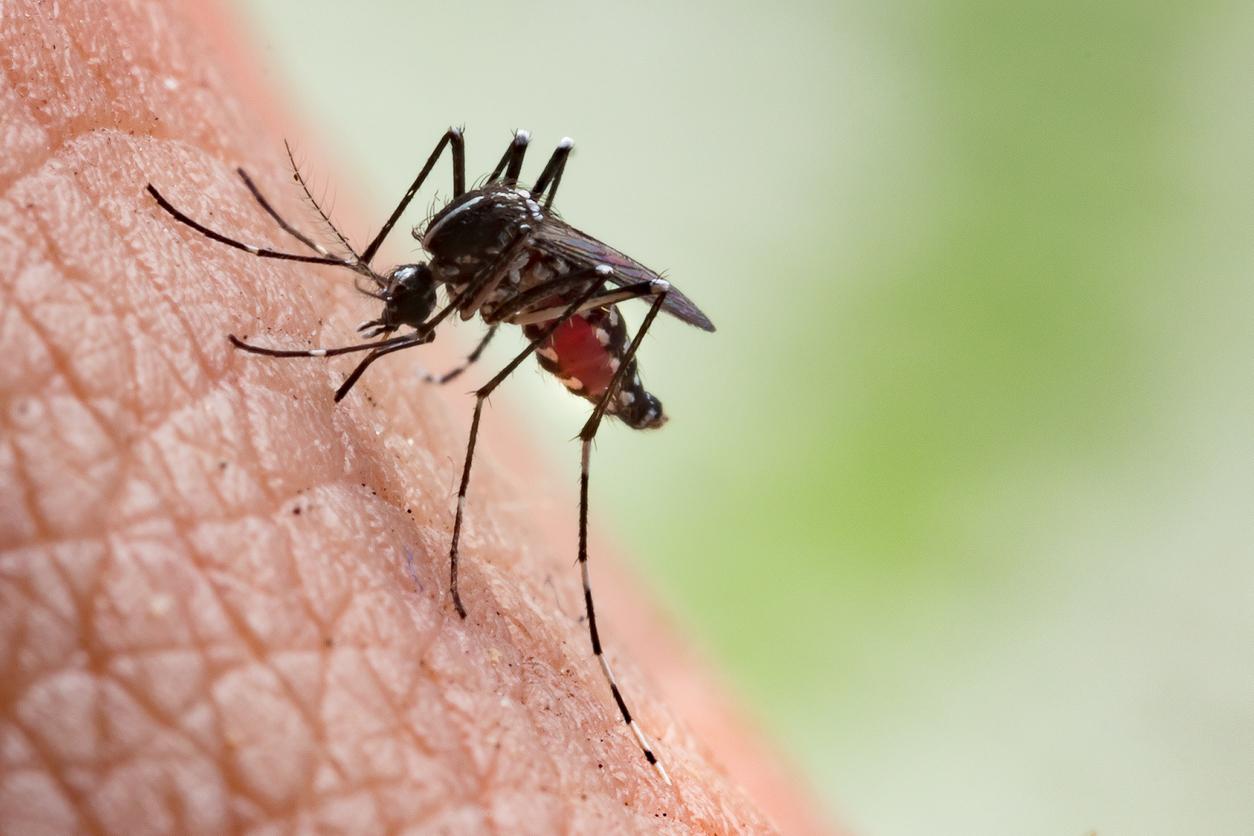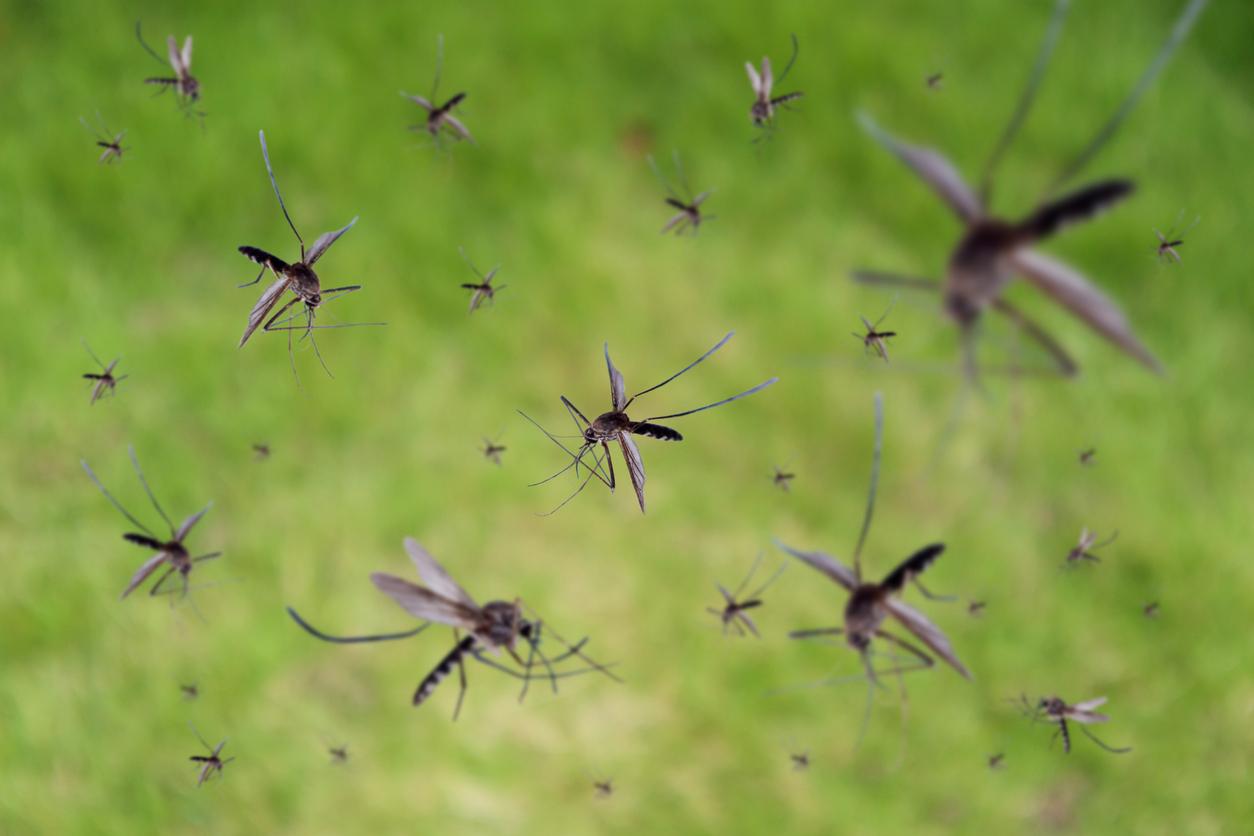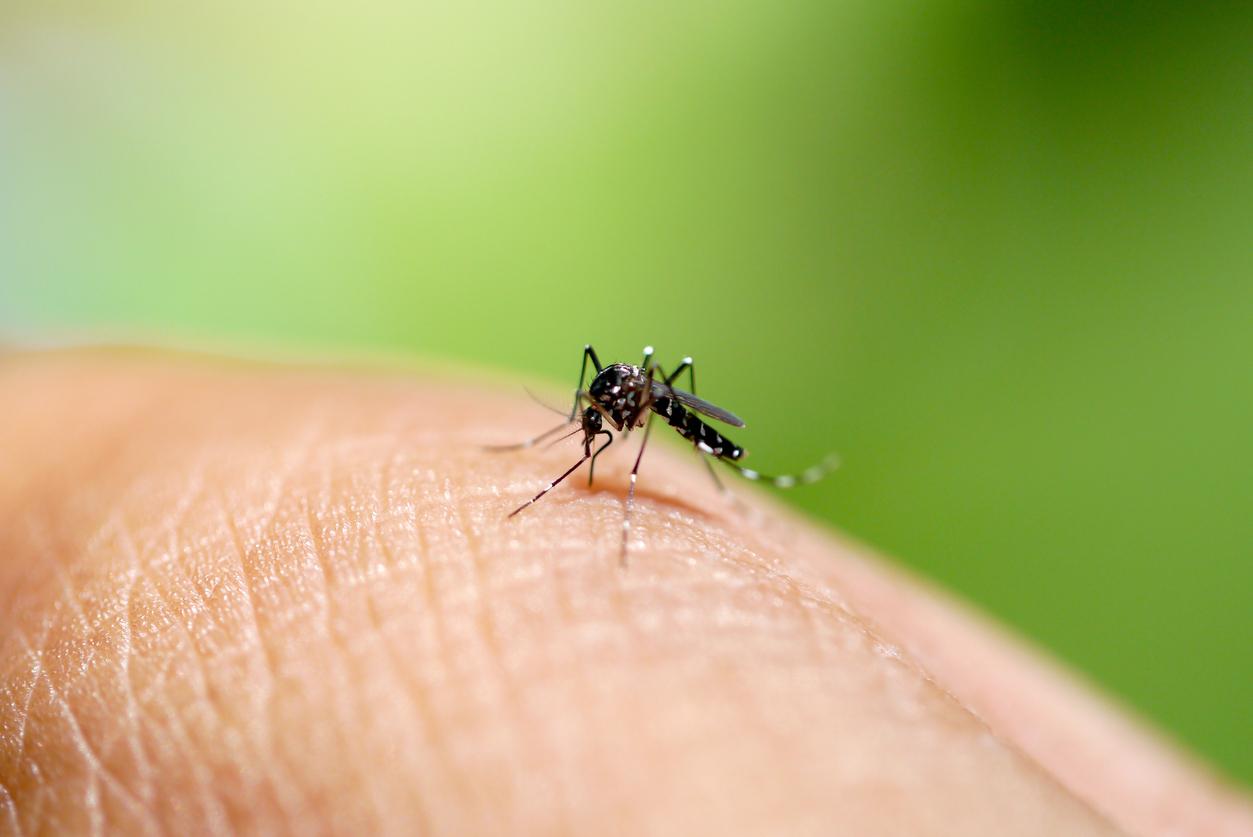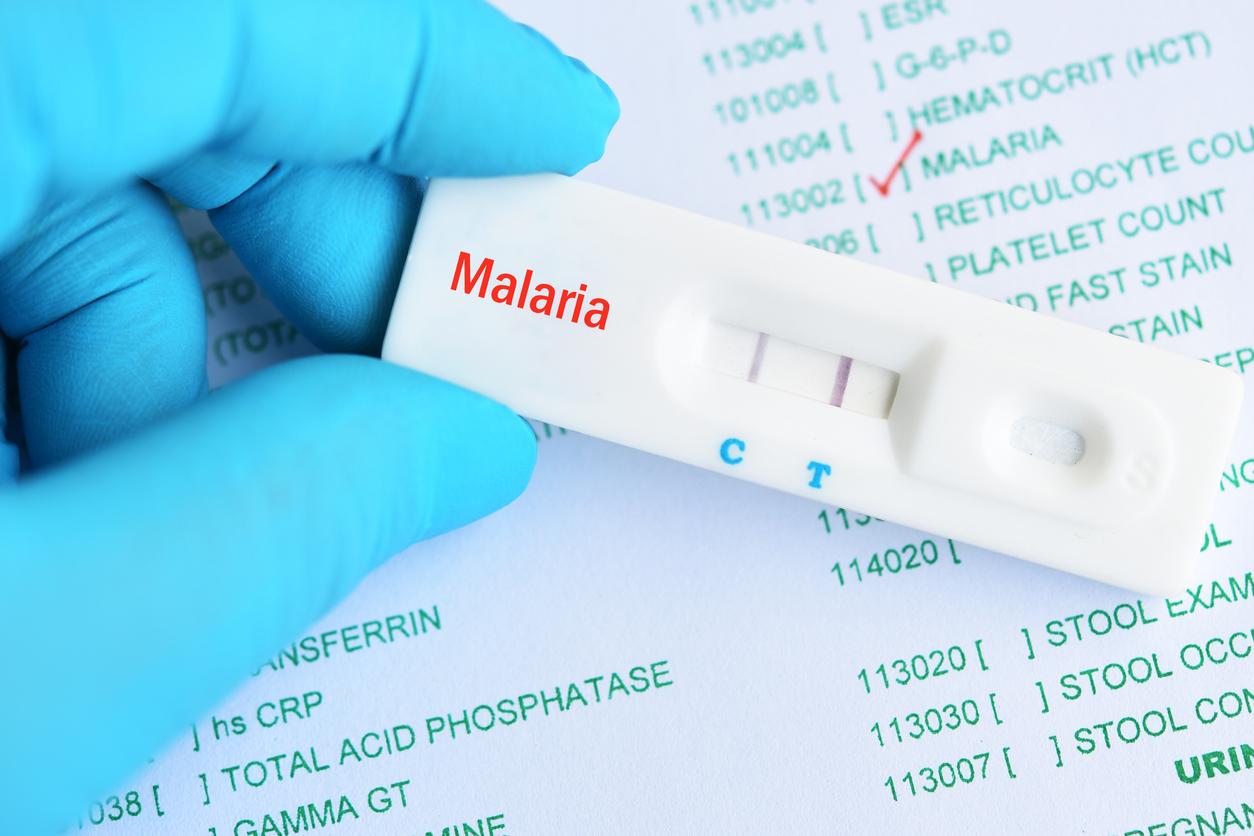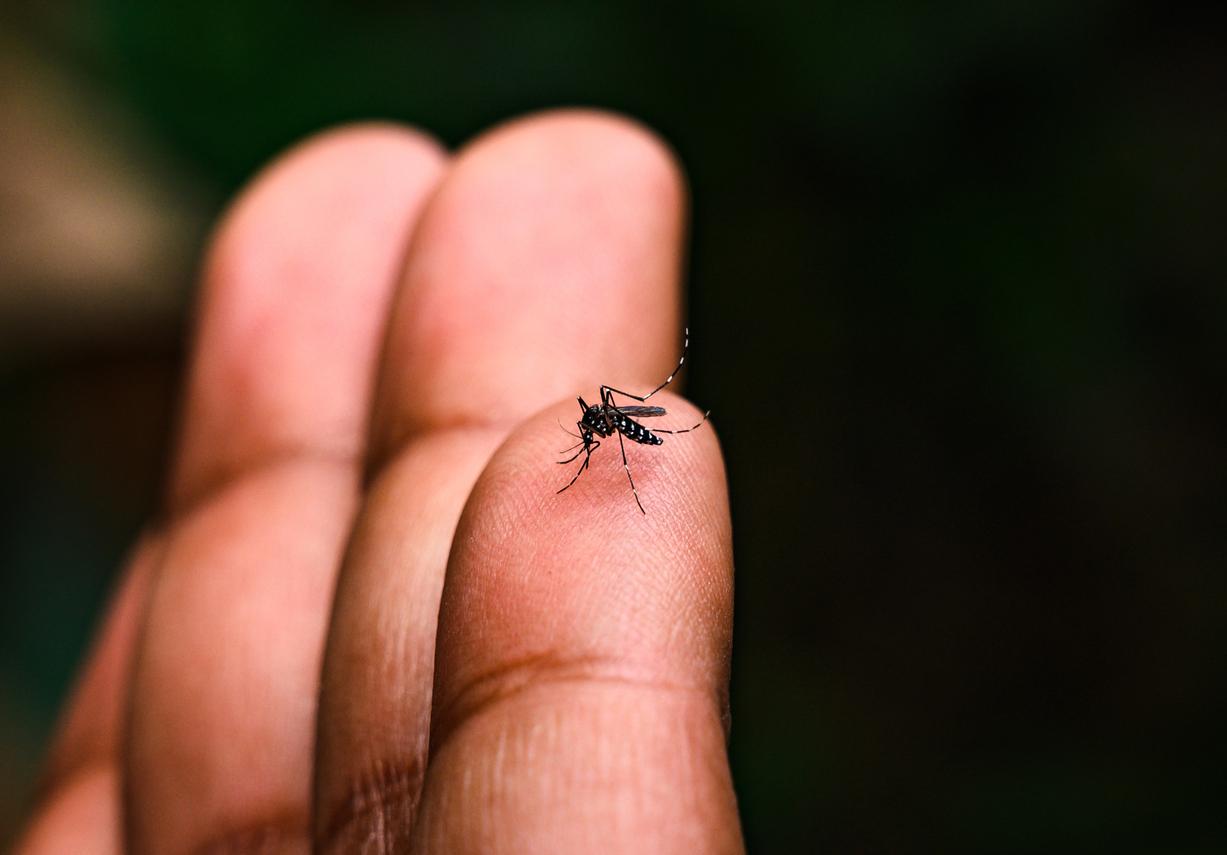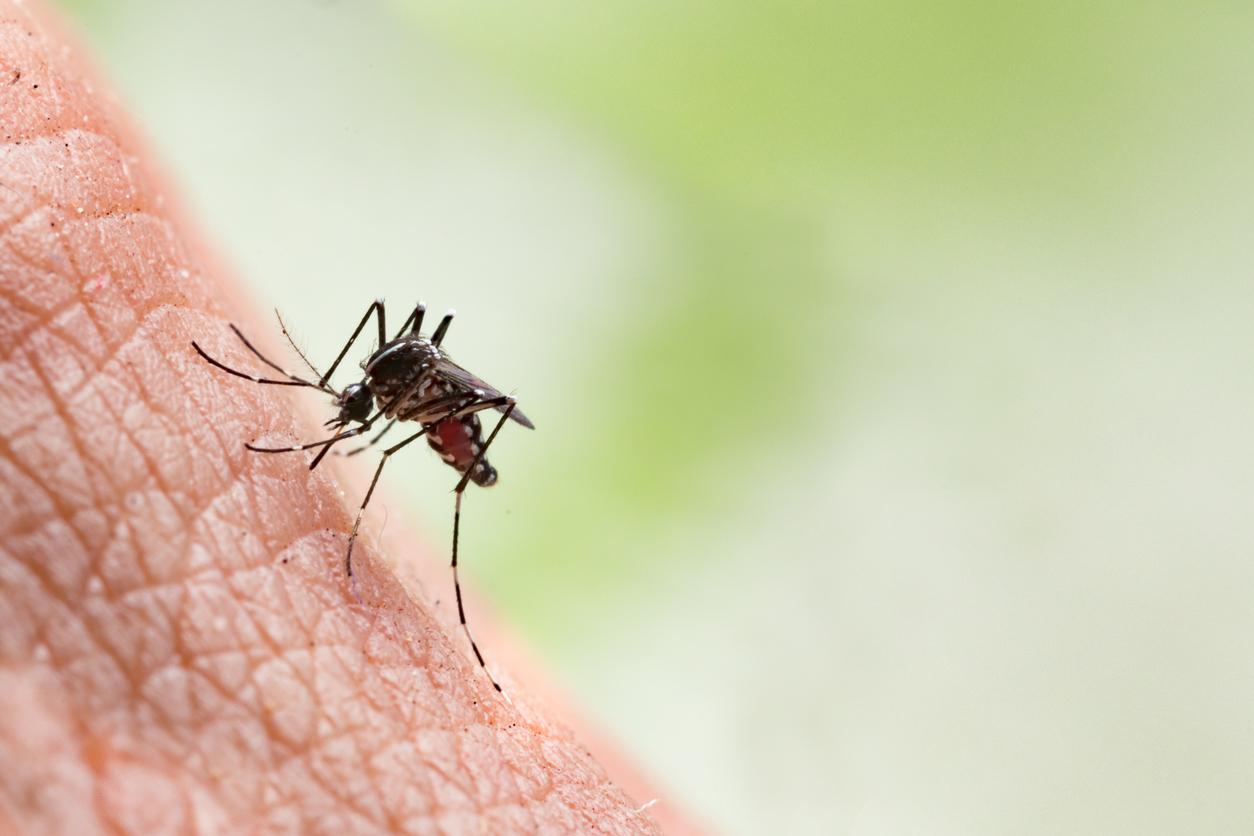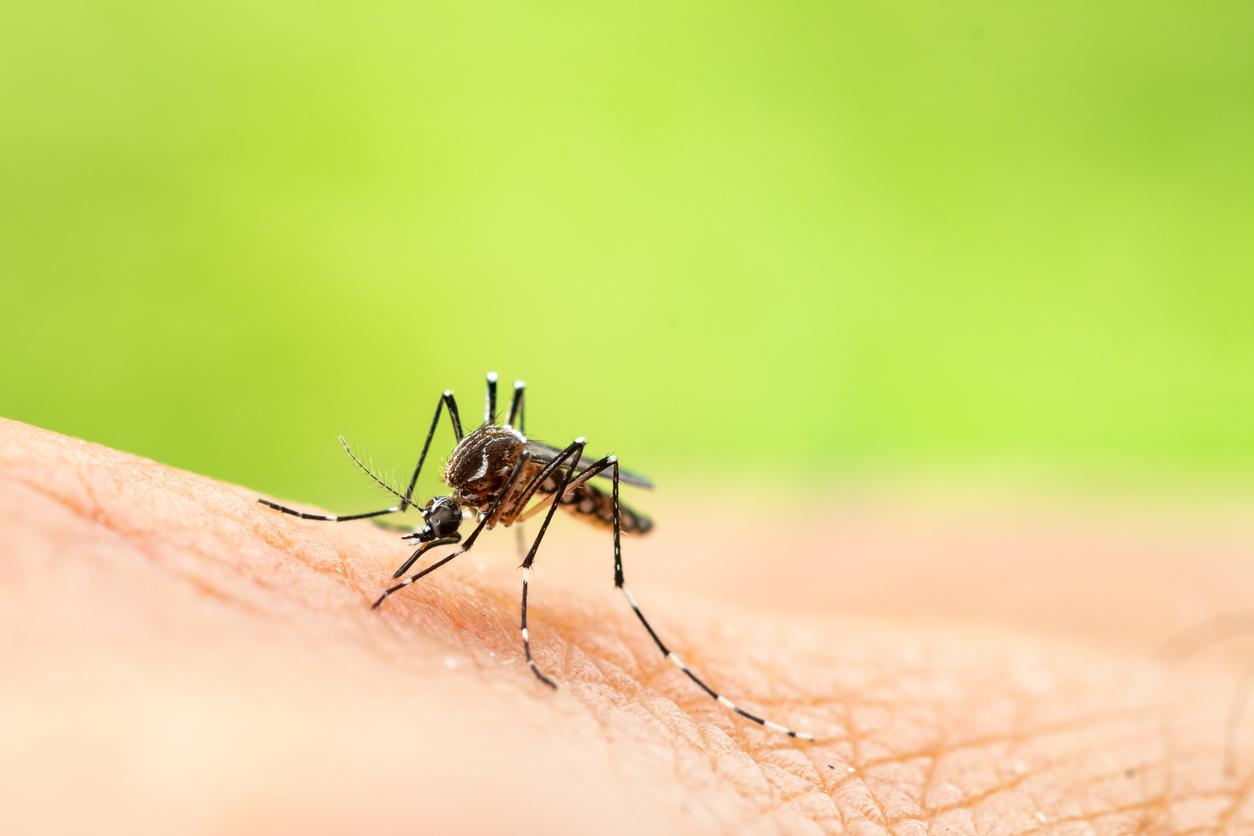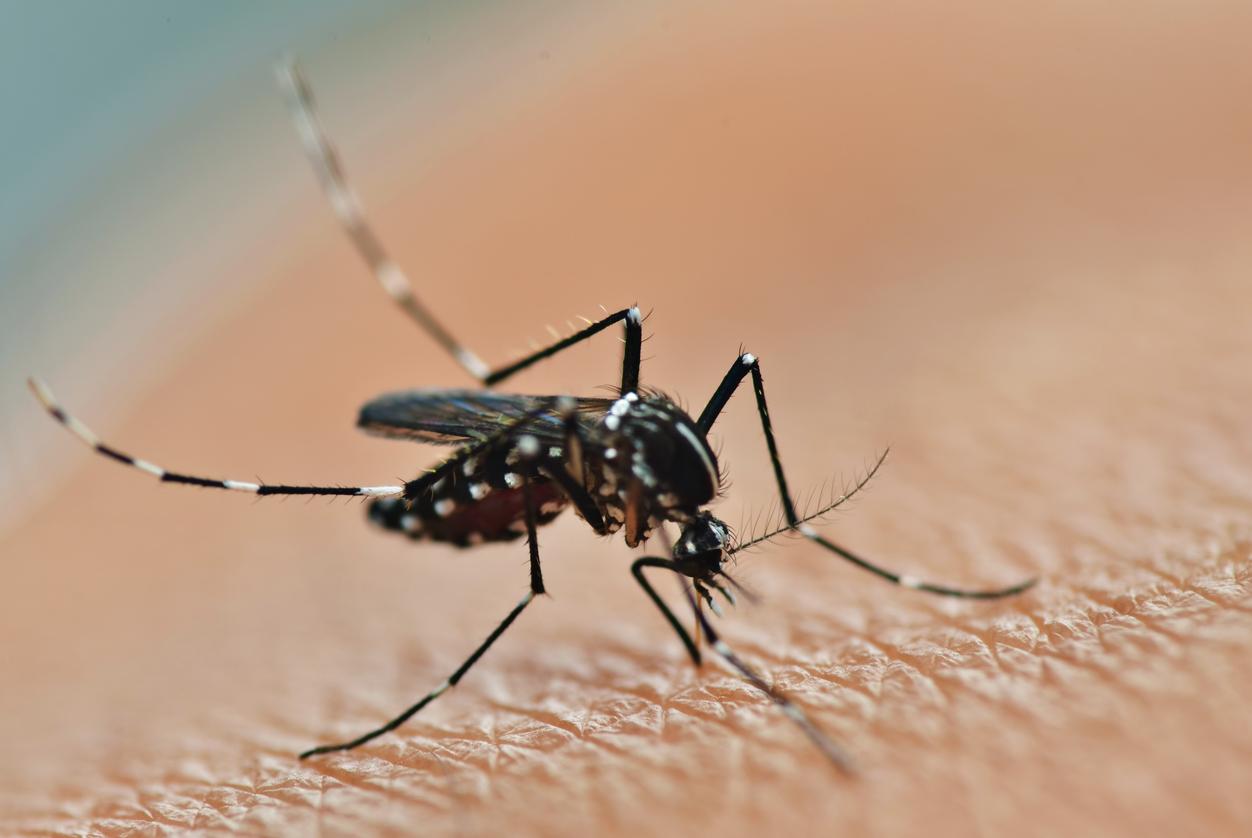Malaria is transmitted to humans by female Anopheles mosquitoes. Researchers hope to eradicate these killer insects by genetically modifying them.
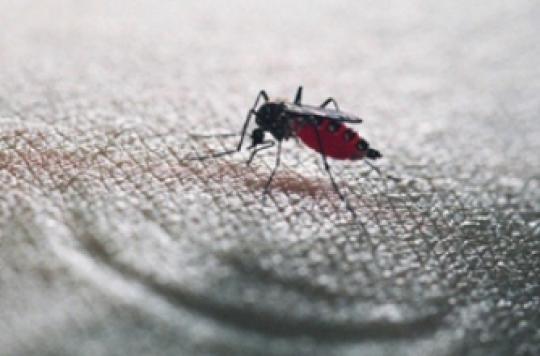
In 2012, malaria was the cause of 627,000 deaths, mostly among African children. And unimmunized travelers coming from malaria-free areas are very vulnerable to the disease when infected. So, to come to terms with this infectious disease, scientists had an ingenious idea. That of modifying the genetic code of anopheles mosquitoes, insects at the origin of the infection, in order to eradicate the disease.
Changing the sex ratio of anopheles mosquitoes
In a study published in the British scientific journal Nature Communications, researchers at Imperial College London tested a new genetic method that distorts the sex ratio of Anopheles gambiae mosquitoes, the main transmitters of the malaria parasite. So that female mosquitoes that bite and transmit disease to humans are exterminated.
Scientists actually injected anopheles mosquitoes with an enzyme capable of cutting a piece of DNA from these insects. The offspring of genetically modified mosquitoes were almost exclusively male, at 95%.
It took researchers six years to produce an effective variant of the enzyme.
“The research is still in its early stages, but I’m really hopeful about this new approach. It could ultimately lead to a cheap and effective way to eliminate malaria in entire regions. Our aim is to enable people to live freely, without the threat of this deadly disease, ”concluded Dr Roberto Galizi of the Department of Life Sciences at Imperial College London.
The spread of insecticide-resistant mosquitoes
With this experiment, it is the first time that scientists have succeeded in influencing the sex ratio of these mosquitoes. As a reminder, since 2000, increased prevention and control measures have reduced the global malaria mortality rate by 42%.
But the disease remains a widespread killer especially in vulnerable regions of sub-Saharan Africa. Finally, malaria control has also been threatened by the spread of insecticide-resistant mosquitoes and drug-resistant malaria parasites. According to the latest estimates from the World Health Organization, more than 3.4 billion people are at risk of contracting malaria worldwide. Locals, but also travelers.
.









